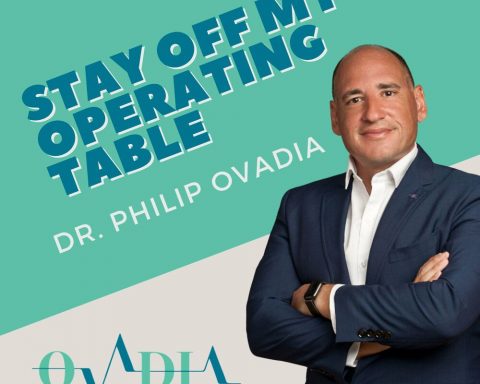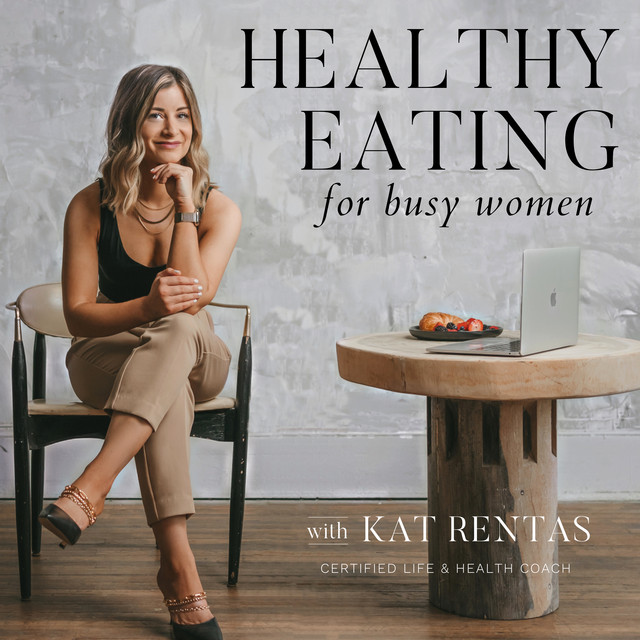If there was ever a time Melissa Bright needed to look on the bright side, it was in 2020. She had previously transitioned from travel agent to being her own boss. However, thanks to the pandemic, everything came to a screeching halt.
“That was my first year trying to make my own money,” she said. “I got really depressed. I didn’t know what to do, so I started listening to Jay Shetty’s On Purpose podcast. One of his guests said, ‘I found my purpose by looking out into the world and asking myself a question—what hurts my heart? Once I found the answer, I asked myself one more… what am I going to do to solve that problem?’
“So, I asked myself those questions, too. I knew other people were struggling, and it really hurt my heart, because I know what it’s like to feel isolated. Even if my situation was somewhat different from another person’s, feeling alone was a common denominator. When I was trying to figure out how I was going to solve that problem, I thought about the fact that all my life, I’ve been intrigued by hearing people’s stories.”
Melissa’s solution emerged. She launched The Bright Side of Life podcast and set out to talk to people about how they overcame their struggles and hardships.
“I chose to do that through the medium of podcasting, because I absolutely love the podcast world. From Joe Rogan to true-crime shows, I listen to a bit of everything.
“When I was starting out, I searched Google for answers to all my podcasting questions. I bought every piece of podcasting equipment that was listed on one of the blogs I came across, and I’m still using that same equipment today. I couldn’t believe that everything worked exactly the way I needed it to. This was before Clubhouse existed, so you couldn’t have those conversations to get your questions answered. I watched YouTubers like Pat Flynn. I noted his interview style, and I submersed myself in what I was learning. Google became my trusted best friend.”
Melissa’s show is also important to her because of her own struggles with her mental health. “I had my daughter when I was 16 years old. After my mom got past her initial disappointment, she became very excited. Our relationship grew even closer than it was before. I leaned on my mom for everything, from support to advice. She was the best grandmother ever to my daughter.
“Unfortunately, 10 years after my daughter was born, my mom was diagnosed with chronic obstructive pulmonary disease (COPD)—the result of smoking for most of her life. Only eight short months later, she passed away. When she went into hospice care, it was hard knowing I was preparing to lose her. And then it hit me: I wondered, ‘Who is going to help me with this little human being about to go into her teenage years?’ I no longer had the support I was used to. My dad wasn’t really in my life. It felt like my daughter and I were all alone in the world.
“When you don’t have anybody else, you feel you just have to be strong, so unknowingly, I pushed down a lot of the trauma of losing my mom. I didn’t deal with it. Then, it all came to a head in 2020 with the pandemic. I wanted to talk to my mom so badly throughout that year, more than any other time. I told my boyfriend I couldn’t do it anymore. I went to my first therapy session, and within a month, I started my podcast. It all happened the way it was supposed to, and I’ve been on a healing journey ever since. The past year and a half has been incredible.”
In terms of her show, Melissa feels like she’s getting a therapy session every week. “Whether I’m speaking with a mental health expert, or someone is simply sharing a story, I’m seeking ways to get over life’s challenges. I ask my guests what their day-to-day routine looked like throughout their journeys. I know that people want exact details, so I ask questions to elicit helpful answers.”
Melissa’s audience appreciates how she helps them get through similar situations, and they are highly engaged with her on social media.
“When I started my podcast, I decided I was going to show up on social media as my true self and be open about my vulnerabilities. That has led to many important conversations.
“I choose guests whose stories I want to explore. As individuals started to express interest in coming on the show, I had to learn to not be such a people-pleaser, though. I was very caught up in not wanting to disappoint or upset anyone. Then, a voice literally came to me in the middle of the night and reminded me to stay true to myself and aligned with my message. Suddenly, I felt like I had permission to acknowledge that I can’t have everybody on the show. I do my due diligence and choose my guests carefully.”
Melissa recognizes that she has also become a better interviewer. “Early on, my boyfriend told me, ‘You’ve got to ask the hard questions that listeners are probably screaming.’ Now, I’m not afraid to do that. But I don’t overstep any lines, especially if it’s a topic like sexual abuse or something like that. I can feel that out much better now. I’ve evolved, and I can cultivate better questions to give my listeners what they’re looking for.”
If you’re feeling down, or like you’re the only one going through a particular situation, The Bright Side of Life podcast may be just what you need.
August 2022 Issue












